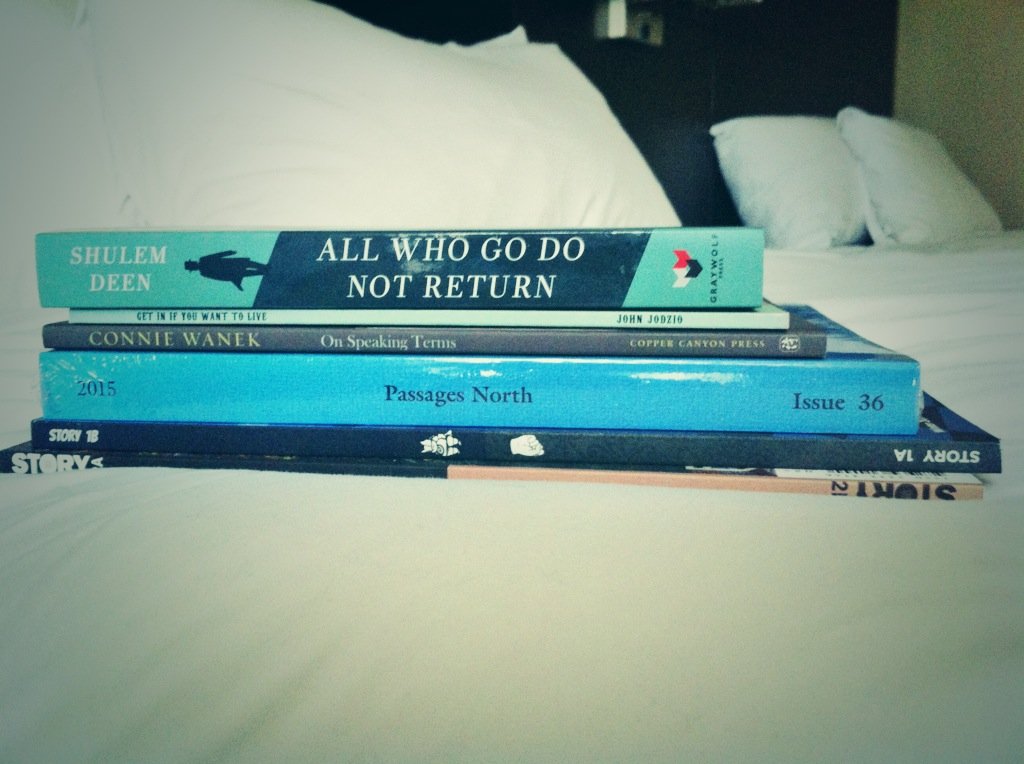Dreams Under Glass at Elliott Bay Book Company; Daughters of the Air, a staff pick at Left Bank Books,; practicing my smize; the traditional book haul on hotel bed picture; signing books at the Lanternfish Press table.
Coming back to Seattle for AWP after having moved away nearly four years ago stirred up all kinds of feelings. I’m glad I decided to make a very specific plan to keep feelings of overwhelm in check. Bright and early on Thursday morning, I started with a panel on medical memoir as I think ahead to expanding my pieces in Newsweek, Healthline, and Catapult into a book (though to be clear, that book would be far in the future).
Health and Illness Narratives: Harnessing Medical Memoir to Impact a Broken System
Featuring: Mary Pan, Emily Maloney, Rana Awdish, Emily Silverman, Suzanne Koven
Each of the panelists at this discussion are both writers and health care practitioners, and each read briefly before the discussion began. Emily Silverman, who runs The Nocturnists, a storytelling community for healthcare workers, read an uplifiting piece from JAMA titled “Comic Relief,” about meeting her idol Kate McKinnon. Emily Maloney read a tense excerpt from her essay collection The Cost of Living, about being a 23-year-old ER tech working at a hospital under the cloud of an enormous debt while carrying her own medical debt from an attempted suicide at age 19. Rana Awdish read a troubling excerpt from her memoir In Shock, about a terrible abdominal surgery done partly without anesthesia and being accused of being a drug addict. Suzanne Koven, author of Letter to a Young Female Physician read “The Doctor’s New Dilemma,” about struggling to ration out her time and emotional energy. Mary Pan read a harrowing memoir of her husband trying to get psychiatric help for paranoia and suicidal ideation and being told he’d have to wait at least a week—until she got on the phone and used her knowledge of the healthcare system to get him an appointment the next day—I still remember the image of him drawing the tip of a pair of scissors on his arm after she returned from nursing their eight-month-old child. What an image.
The panelists talked about the importance of storytelling. Awdish said that during the pandemic, the disbelief in science would have made her less compassionate toward patients who didn’t mask or get vaccinated, if she hadn’t also maintained a practice of storytelling and writing. Koven said the healthcare system dehumanizes patients, caretakers, and families but storytelling rehumanizes them; Easy Beauty is a memoir that helped show physicians they had no training for caring for patients with disabilities. Maloney said that helping healthcare workers tell their stories will help them advocate for improving the healthcare system. Awdish added that flipping between the point of view of patient and physician helped show her systemic problems in the healthcare system. I loved this quote from Suzanne Koven, who wasn’t sure if she read it somewhere or just came up with it: A doctor’s account of illness is a Victorian novel spanning many years but a patient’s account is a Virginia Woolf novel where every moment matters.
They also talked about voices that need to be included in the canon of illness narratives, which seem to be dominated by male physicians. We need to hear more from female physicians, patients, care givers, family members, cafeteria workers, medical helicopter pilots, and so on. An audience member asked about the ethics of patient memoir and whether that is self-exploitative. Maloney, who has a background in bioethics, said there really isn’t the same restriction as with a healthcare practitioner writing about patients; just write something honest and true that supports your experience, and don’t think about whether it is “too much” until after you’ve written. Suzanne Koven quoted Anne Lamott: “Tell the story, we’ll call the lawyers later.” A comment from the audience also brought up medical apartheid; the audience member said she’d been writing poetry but was considering switching to essays to find a broader audience; the panelists recommended Under the Skin: The Hidden Toll of Racism on Health in America and Take My Hand a novel by Dolen Perkins-Valdez about the forced sterilization of African-American women. I hope that member of the audience gets their stories out.
This was an excellent panel and I’m glad it was early on in the conference before I got too tired!
The Lyric Essay as Resistance: A Reading and Celebration
Featuring Chloe Garcia Roberts, Chelsea Biondolillo, Molly McCully Brown, Hea-Ream Lee, Michael Torres
This reading celebrated the anthology The Lyric Essay as Resistance from Wayne State University Press. As I could have anticipated, I was already tired and did not take as many notes though it was very lovely to listen to each of the readers. I appreciated the panelists defining “resistance” in a number of ways. Lee called it resisting against forms, focusing on images and moving fluidly among timelines. Torres talked about arranging memories non-linearly. Brown asked: what shapes, architectures, bodies are you not seeing on the page—keep the lyric essay wild. Lee mentioned that expansiveness of form allows for invention. This was all reassuring as I bumble around in my lyric essay collection figuring out what feels right for each piece. Onward!
A Very Important Karaoke Party
During the day on Friday, I had a lovely time signing books at the Lanternfish Press table (some pictures above) and it was so nice to meet people who’d read the book or were eager to. Then that night I went to A Very Important Karaoke Party, a night of parody songs around the theme of the writing life at Hugo House. Paulette Perhach organized the event and I was delighted to help write a song based on “Under Pressure” called “Little Green Monster,” all about envy (and forgiving yourself and trying to overcome it). It was fun to see someone else belt it out with a fake Freddie Mercury mustache and very cathartic to sing along with all the songs in the back of the room where no one could hear my individual voice (the only way I will do karaoke!).
I am sure there are many more things I could have mentioned here about trip, but dang if I go on & on. It was great to reconnect with so many folks from my life in Seattle and I hope we can get back sooner than in four years. And I can’t wait to dive into the delicious books we acquired at the book fair (pictured above). If you went to the conference, feel free to share some highlights in the comments!


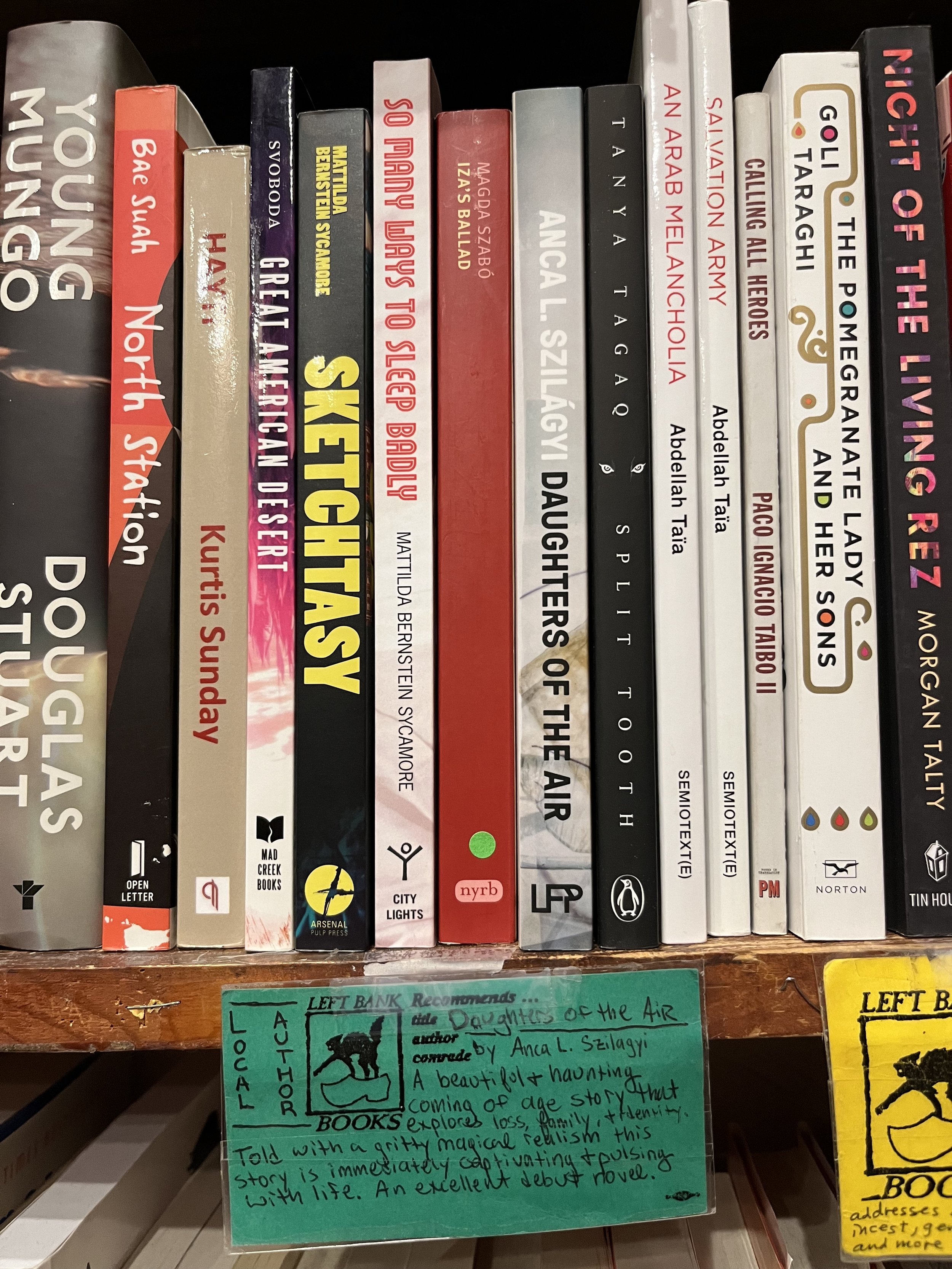
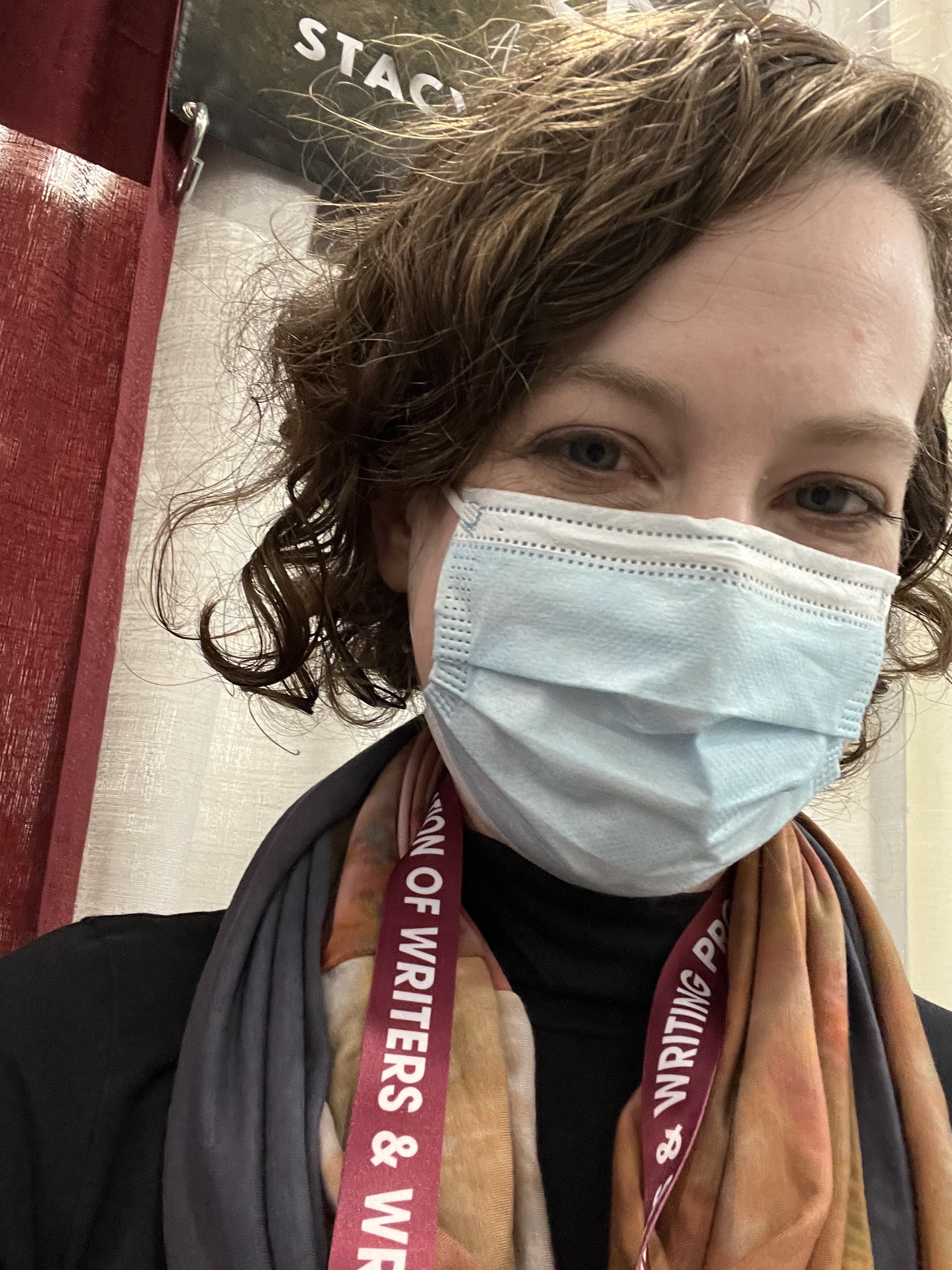

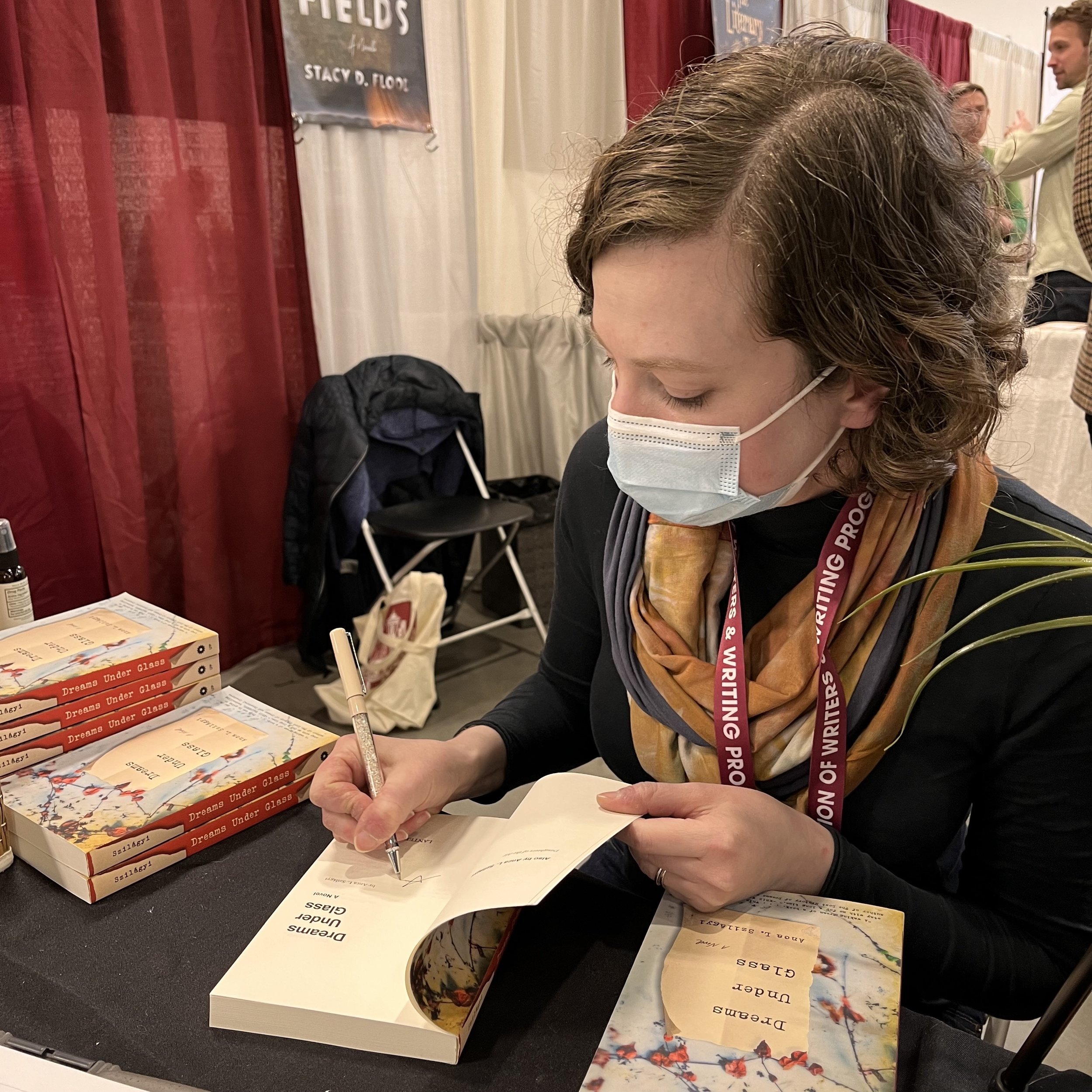

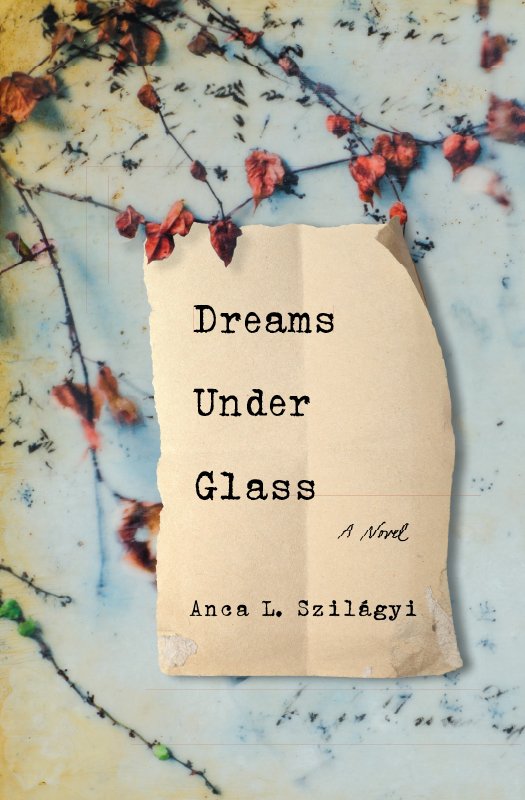
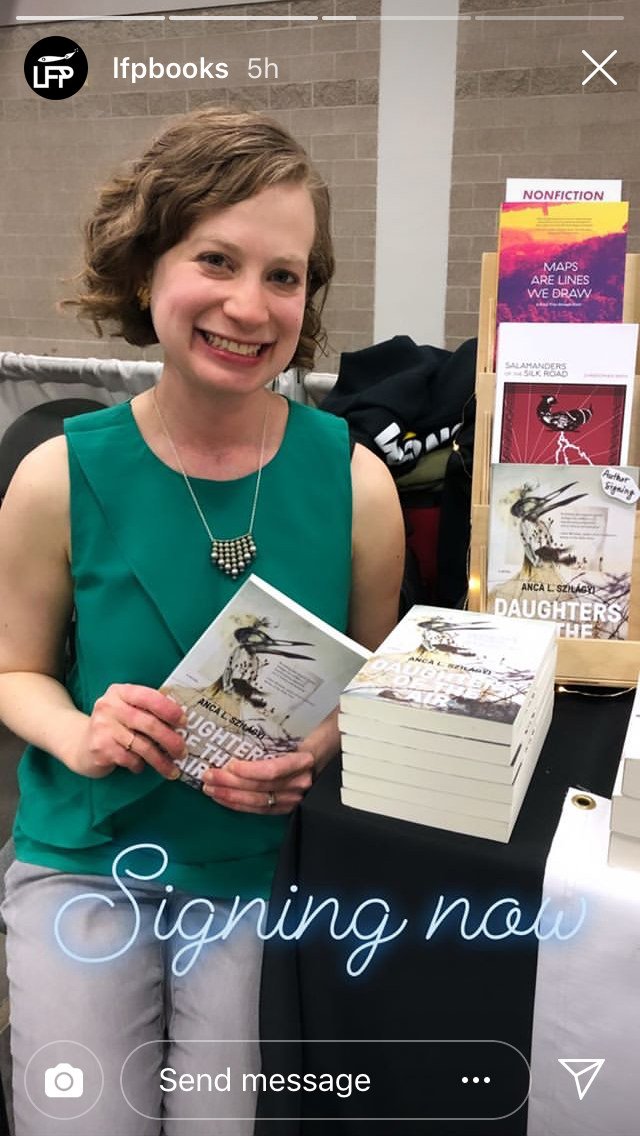
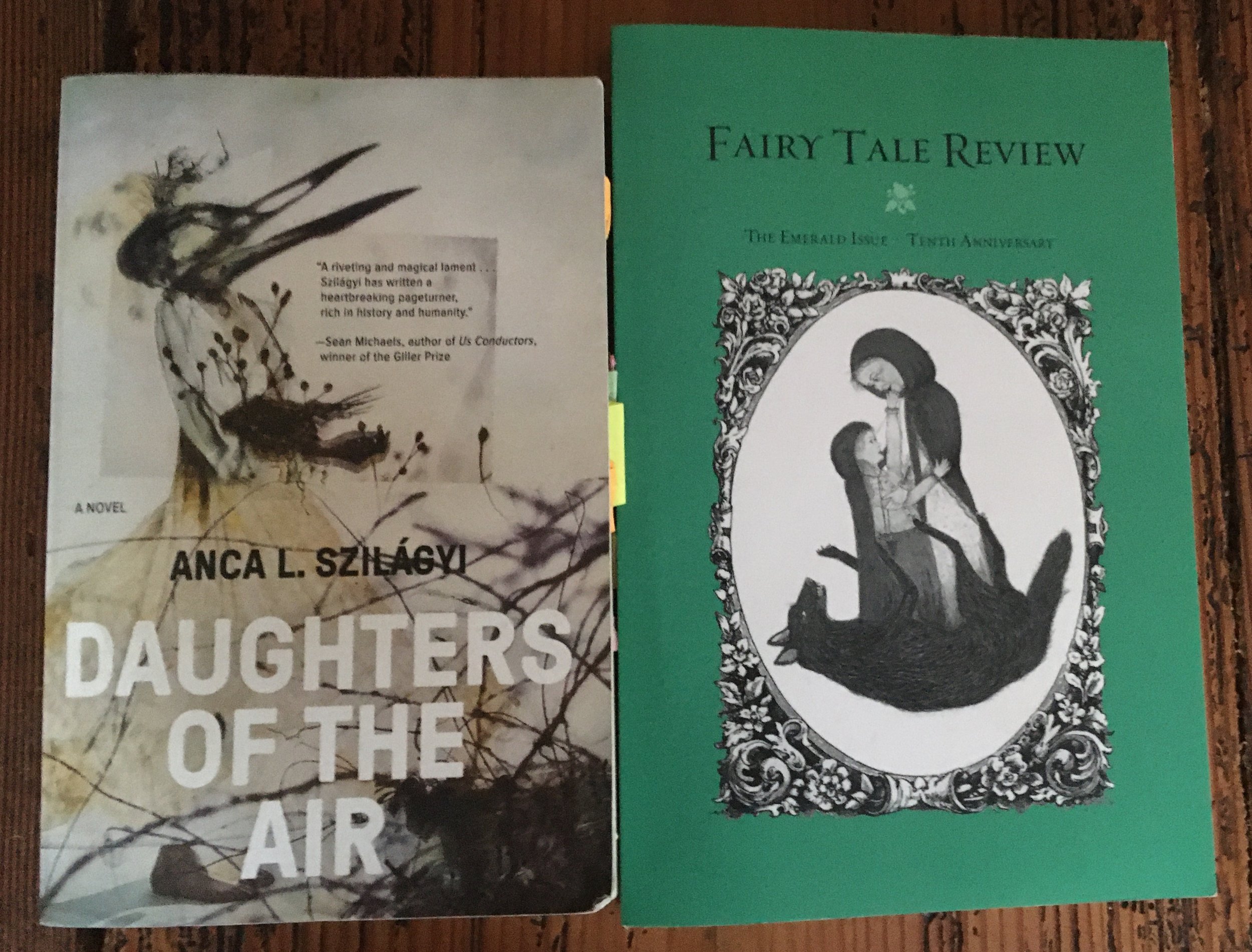
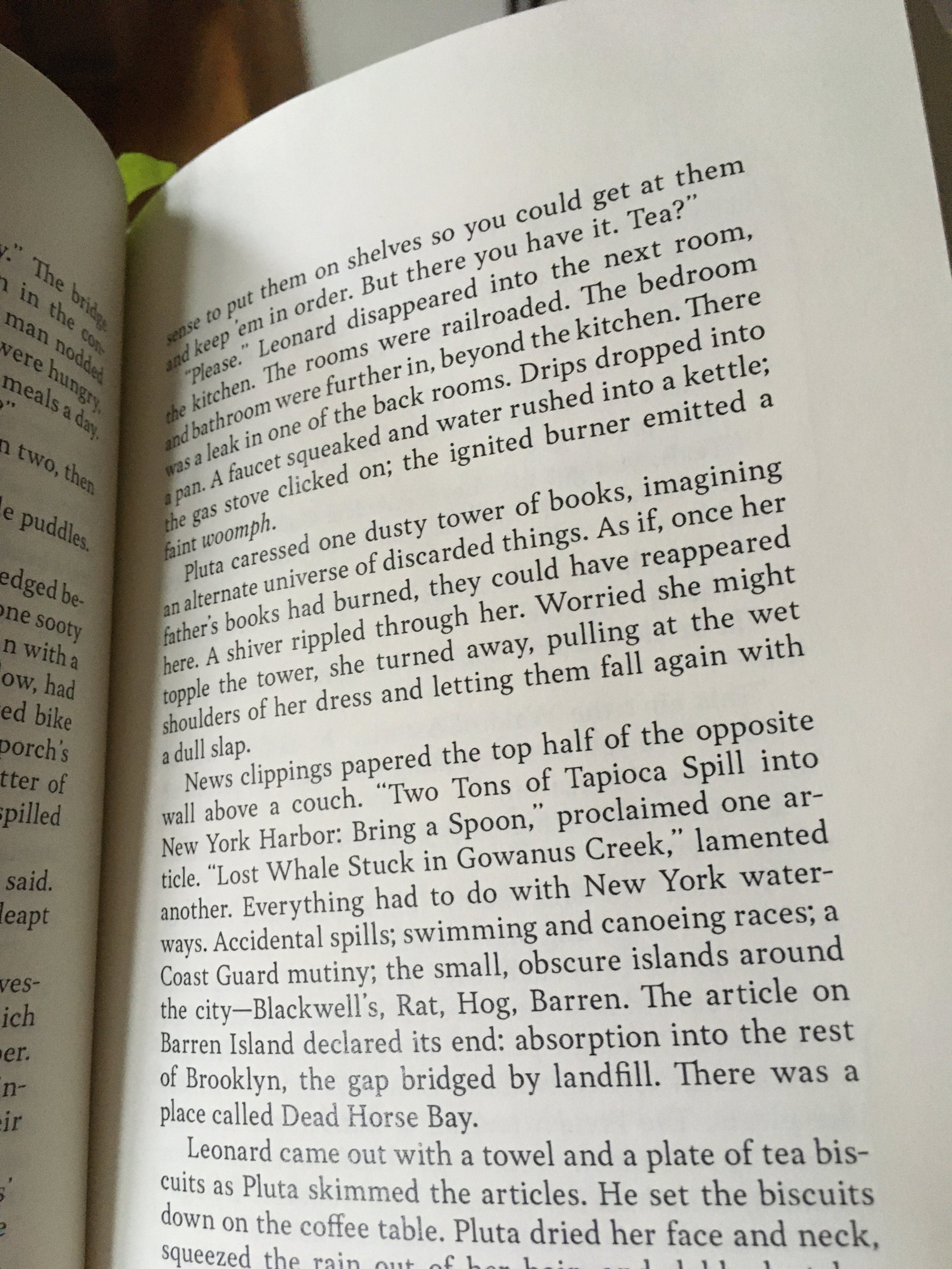
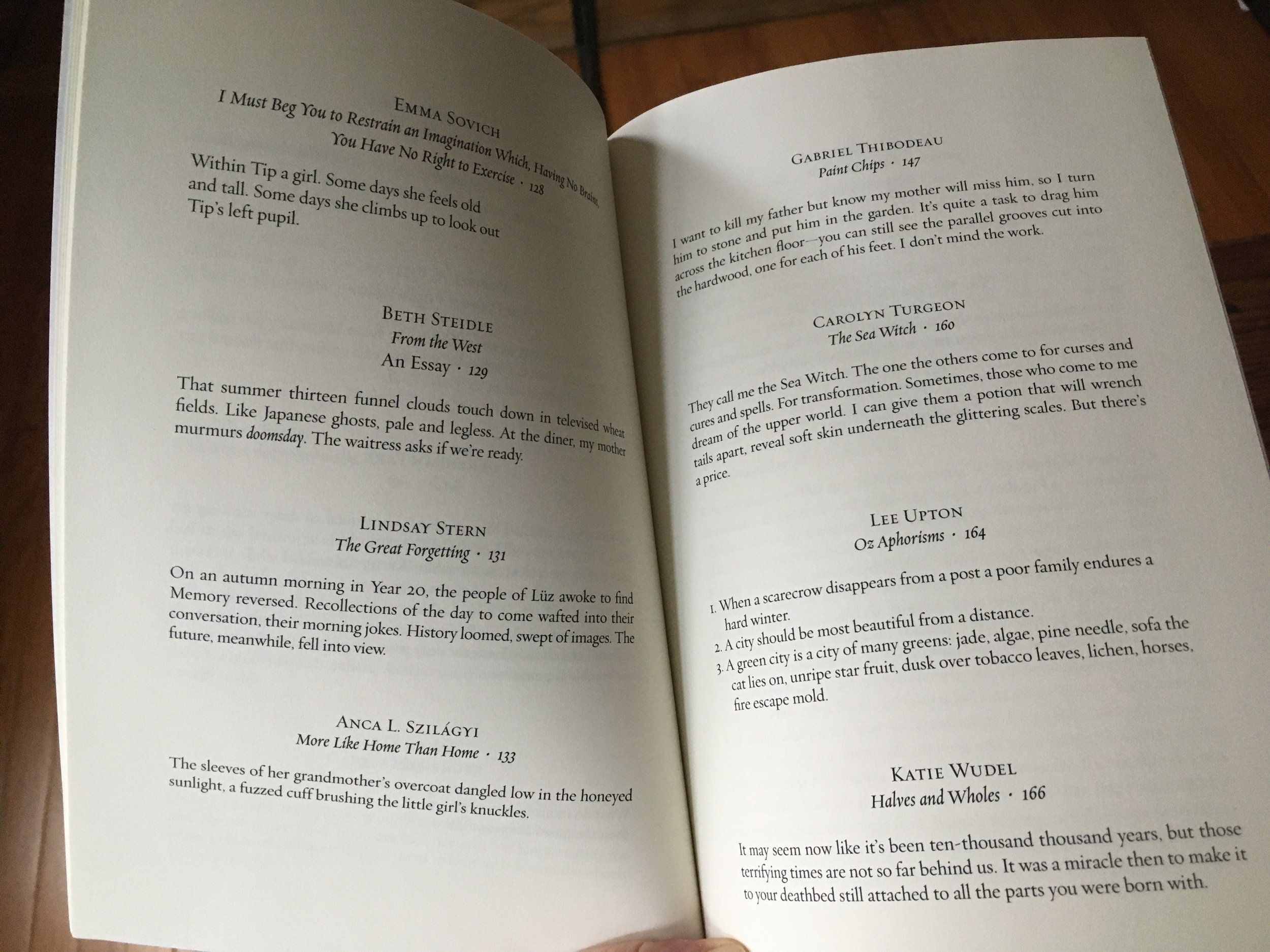
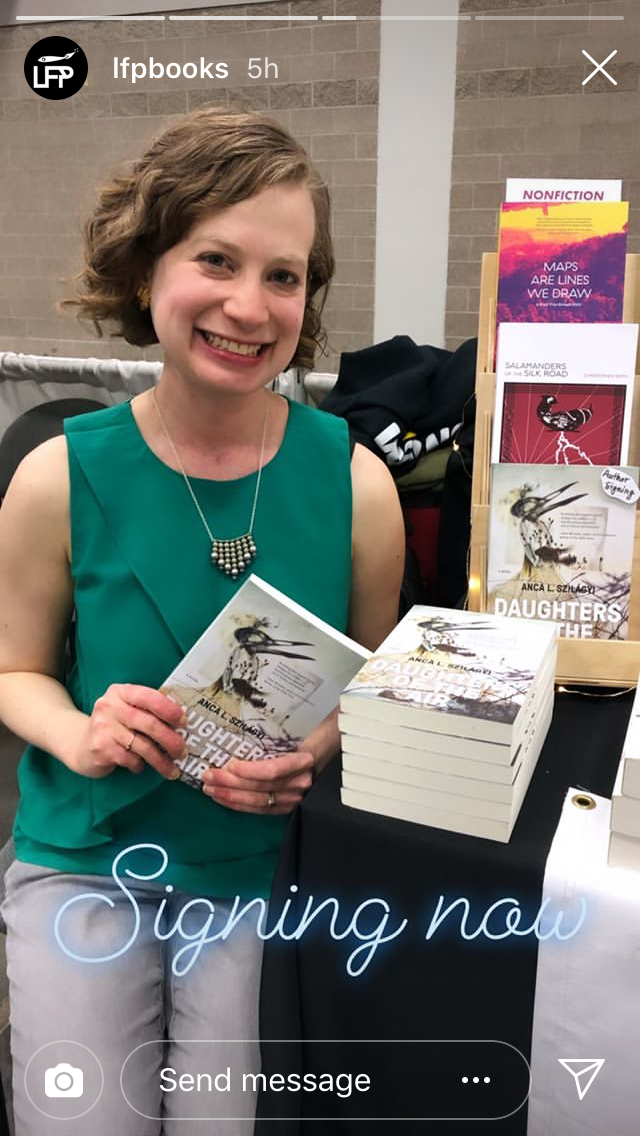
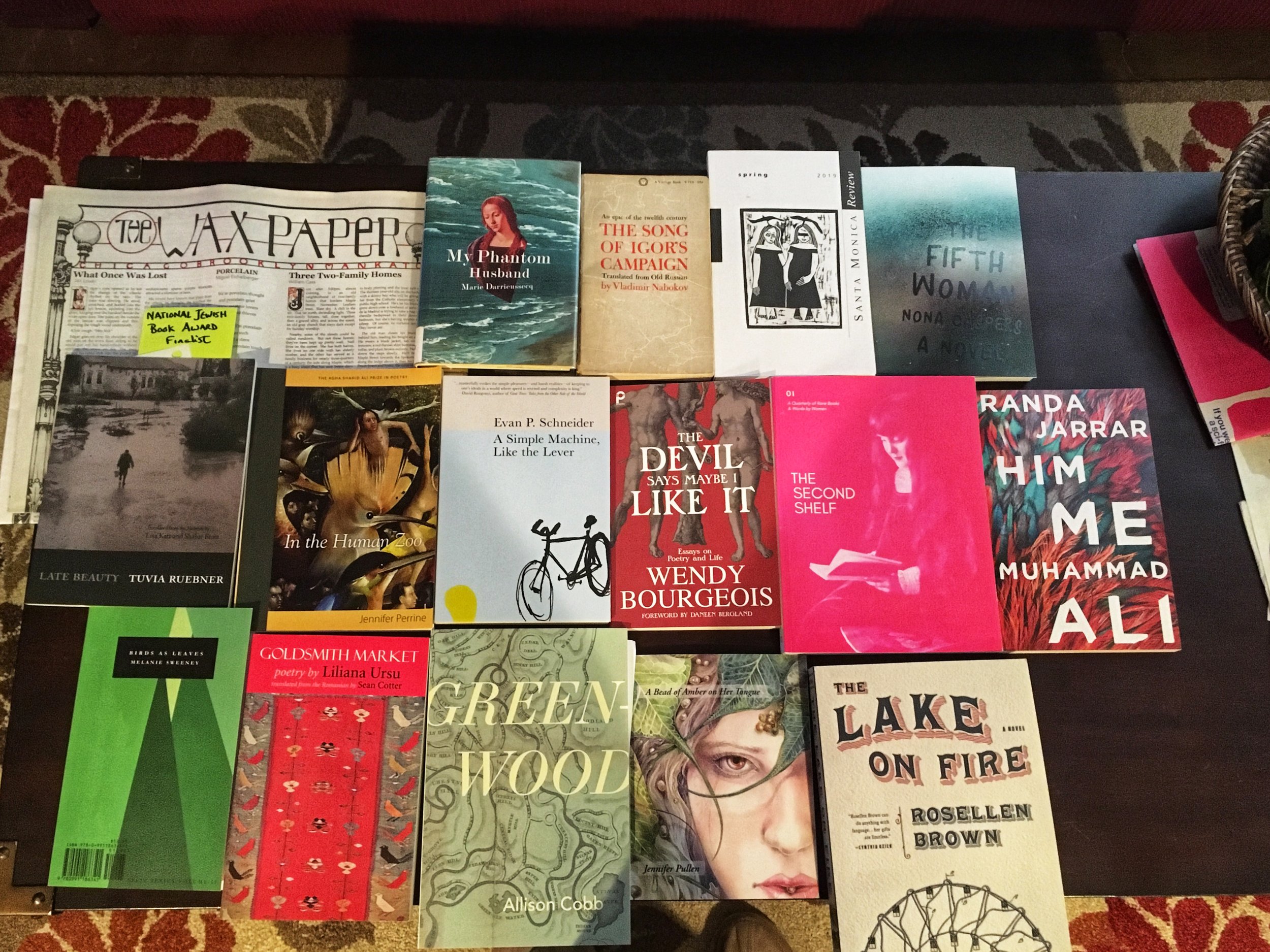
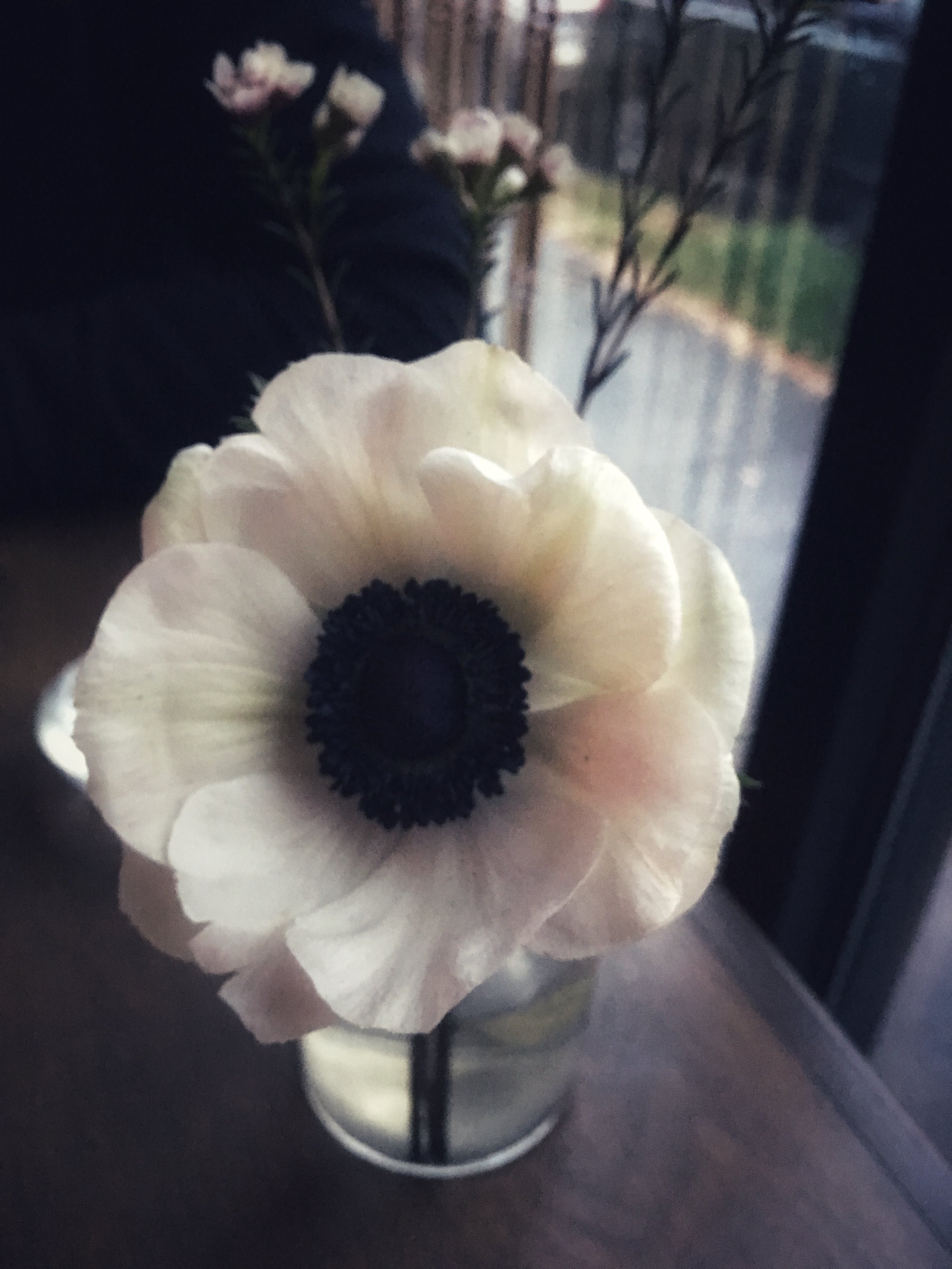
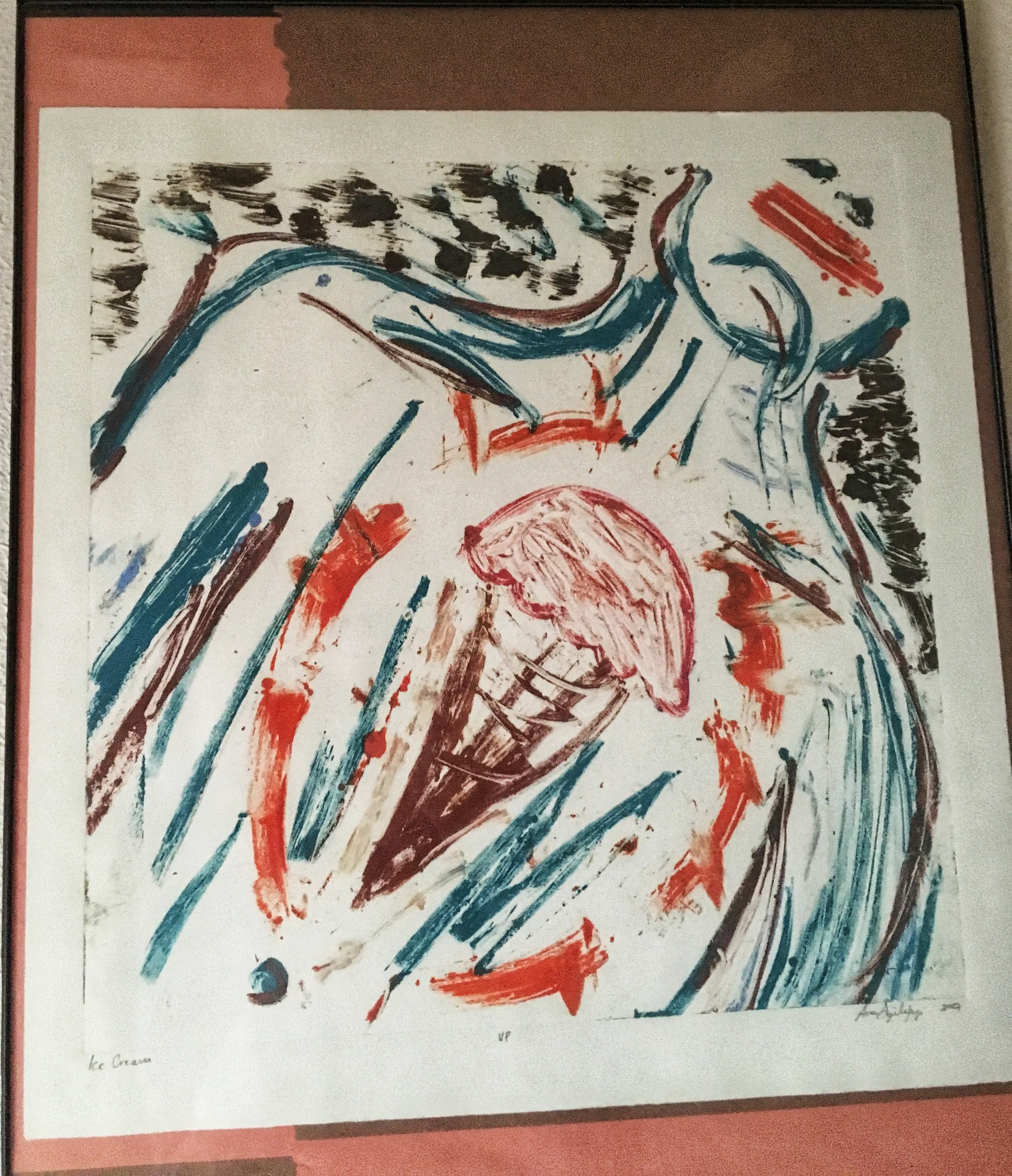
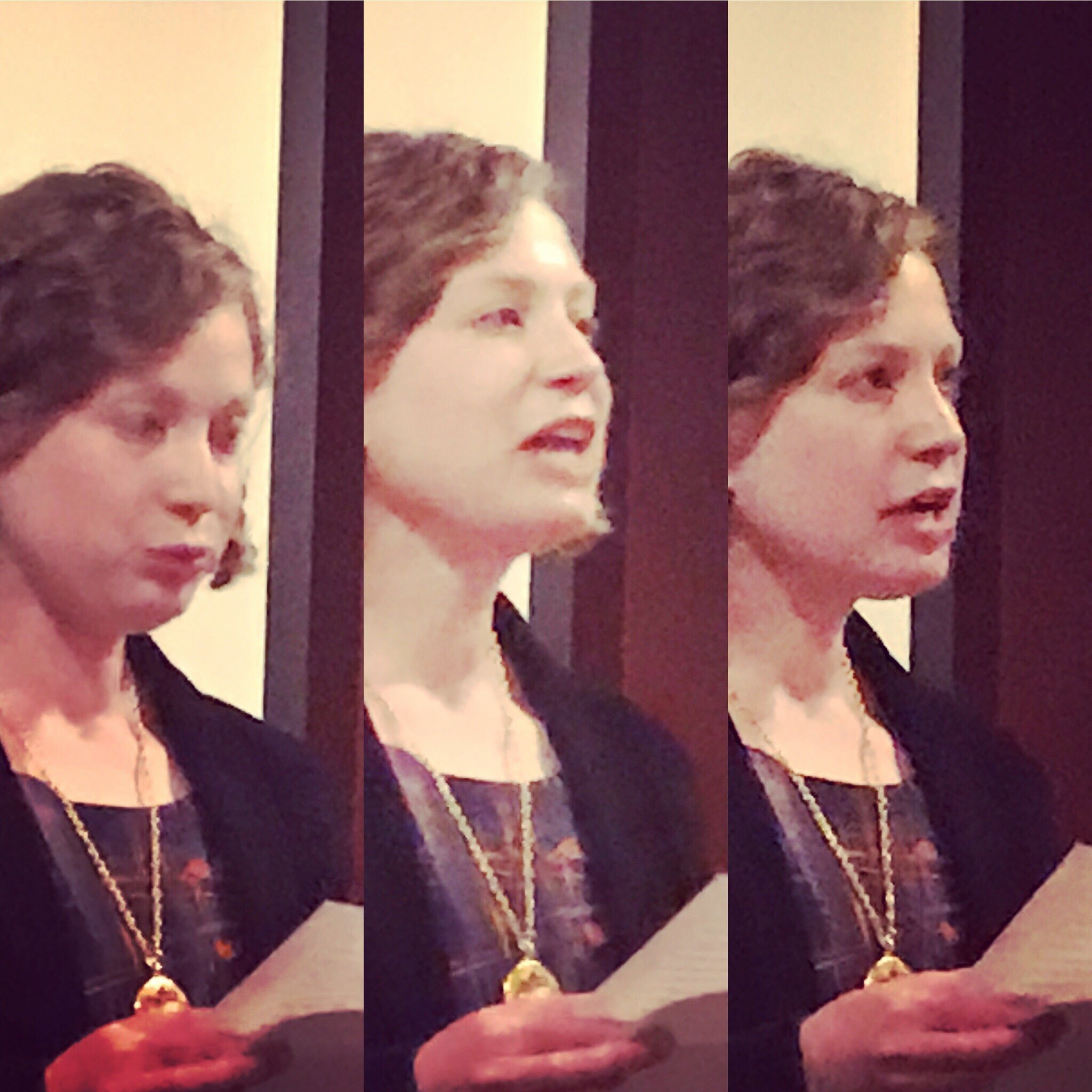
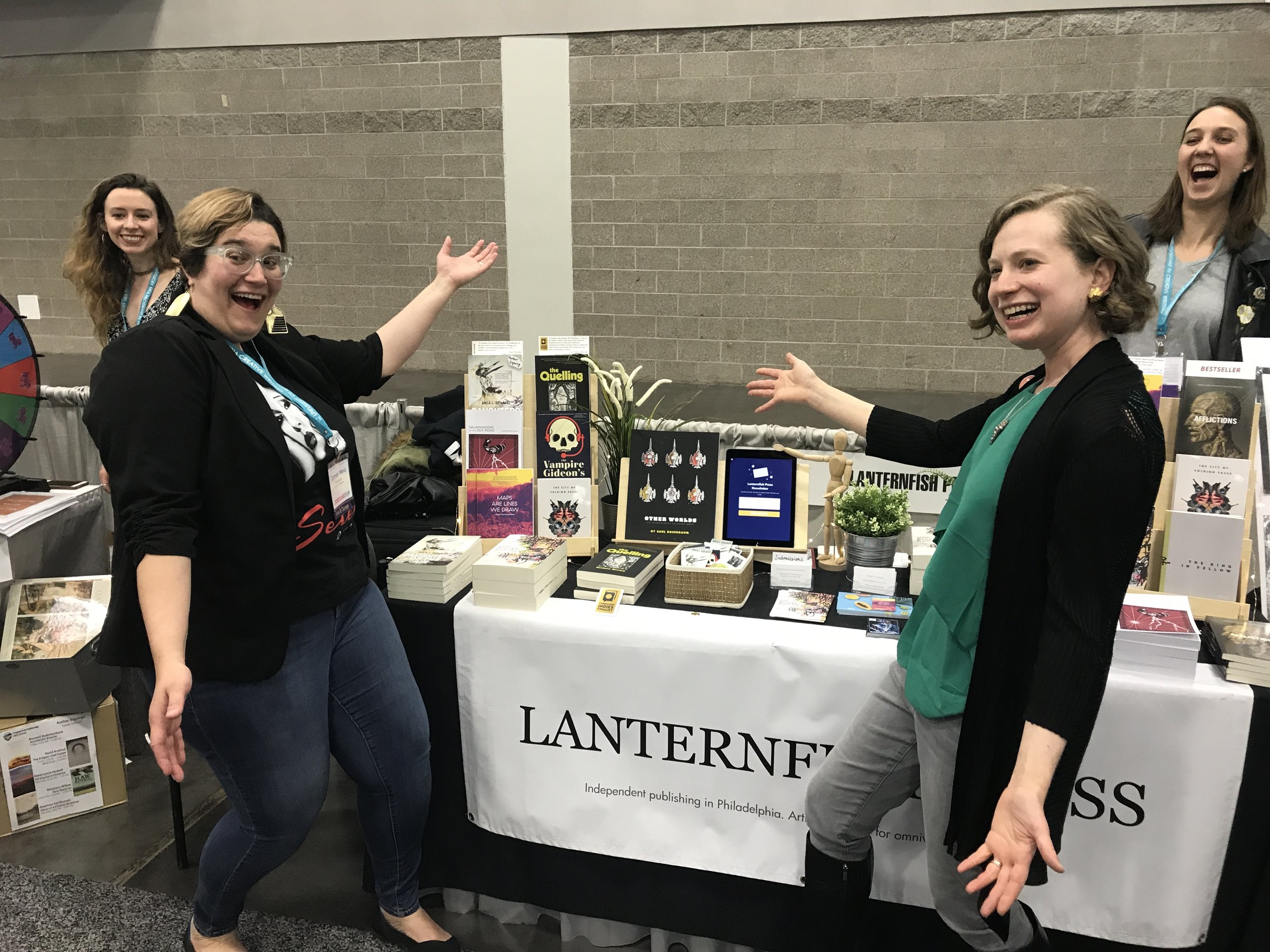
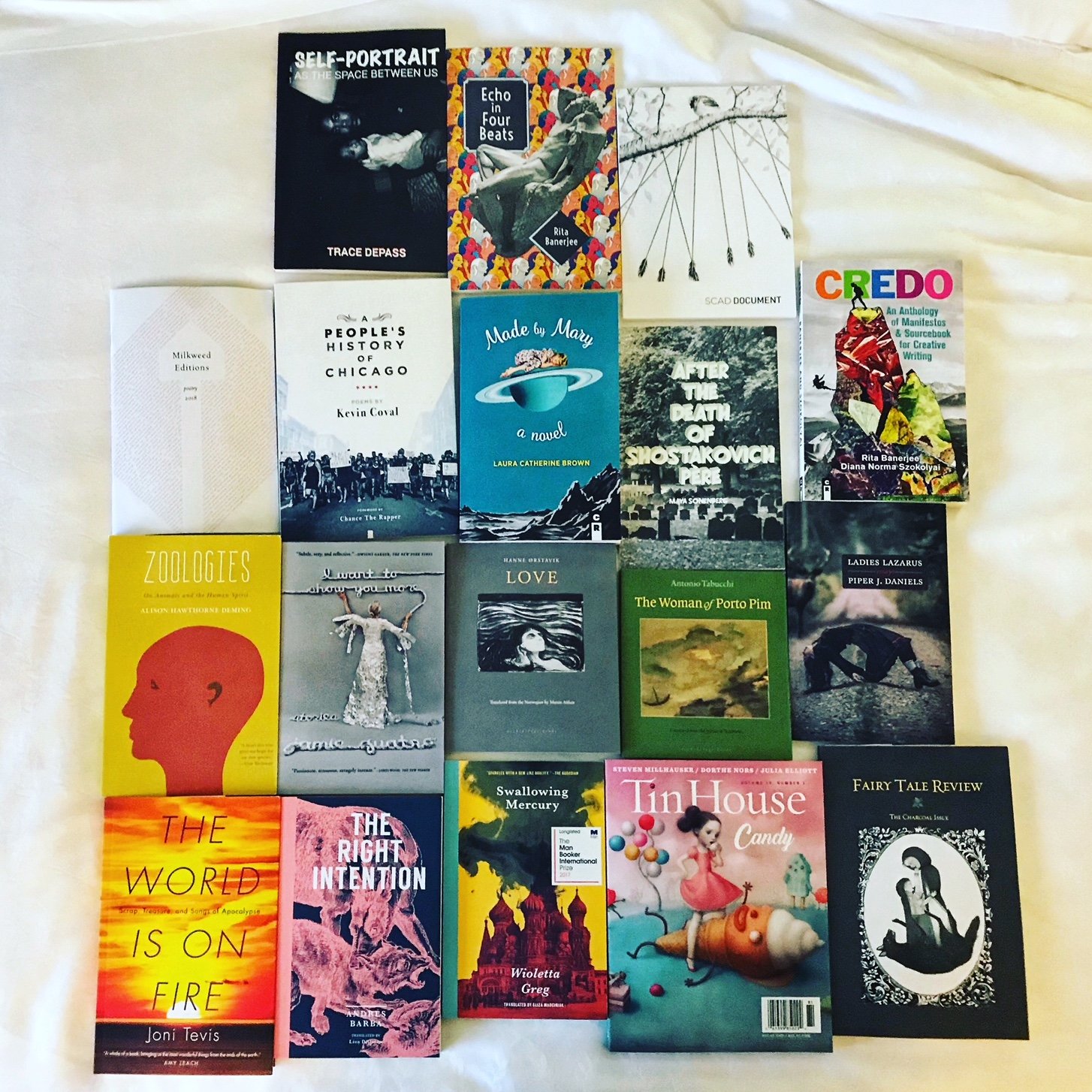 In my last post I promised blood. Well, I'll just say I slid my boot off Friday night and it was like I was one of Cinderella's stepsisters. I'm still limping. On to day 3!What is a better breakfast than a leftover Cuban sandwich? Leftover fried oysters. Just kidding! The Cuban sandwich was much better. Day 3 was the best because Michael got a one-day pass and we got to roam the book fair together."The Worst Writing Advice I Ever Got" is an irresistible title, so of course we wrenched ourselves away from the book fair for it. Here, without narrative, a fun grab-bag of quotes:
In my last post I promised blood. Well, I'll just say I slid my boot off Friday night and it was like I was one of Cinderella's stepsisters. I'm still limping. On to day 3!What is a better breakfast than a leftover Cuban sandwich? Leftover fried oysters. Just kidding! The Cuban sandwich was much better. Day 3 was the best because Michael got a one-day pass and we got to roam the book fair together."The Worst Writing Advice I Ever Got" is an irresistible title, so of course we wrenched ourselves away from the book fair for it. Here, without narrative, a fun grab-bag of quotes:
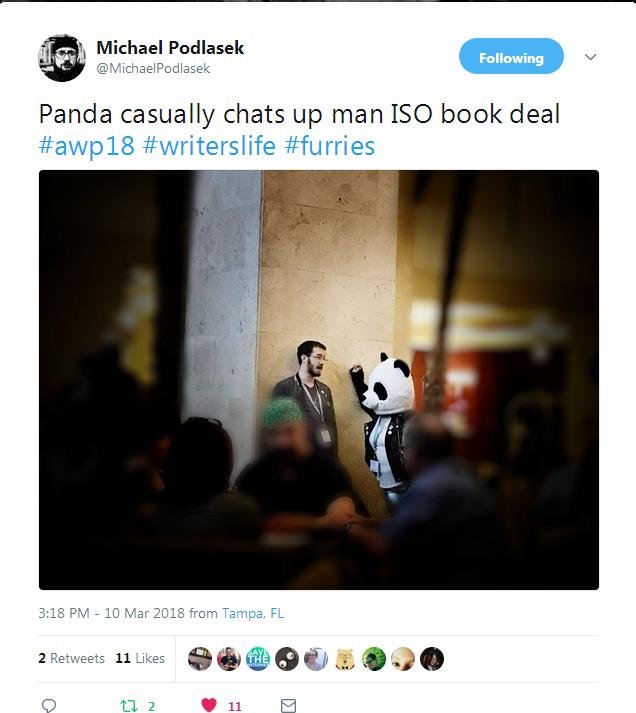 Next year in Portland! Maybe Seattleites can get some party buses organized...
Next year in Portland! Maybe Seattleites can get some party buses organized...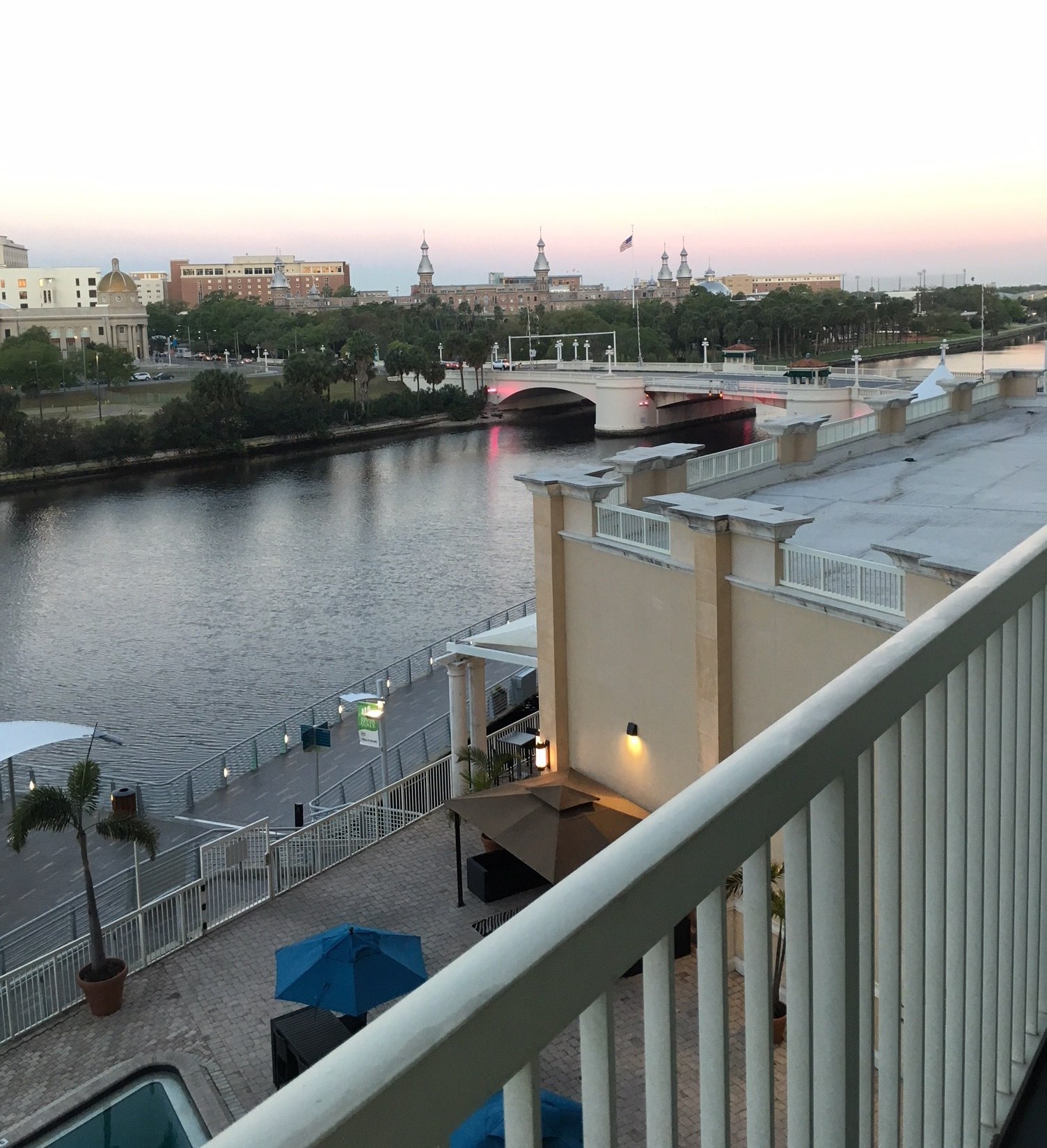 The Friday of AWP is always the best day. The nervous energy of Thursday has dissipated, and the inevitable Saturday flu epidemic has not yet emerged. I woke early to respond to student stories and breakfasted on a leftover Cuban sandwich, wondering if it would make me barf later. Reader, it did not! A fortifying start.Alan Sincic, the fantastic Orlando-based writer who was
The Friday of AWP is always the best day. The nervous energy of Thursday has dissipated, and the inevitable Saturday flu epidemic has not yet emerged. I woke early to respond to student stories and breakfasted on a leftover Cuban sandwich, wondering if it would make me barf later. Reader, it did not! A fortifying start.Alan Sincic, the fantastic Orlando-based writer who was 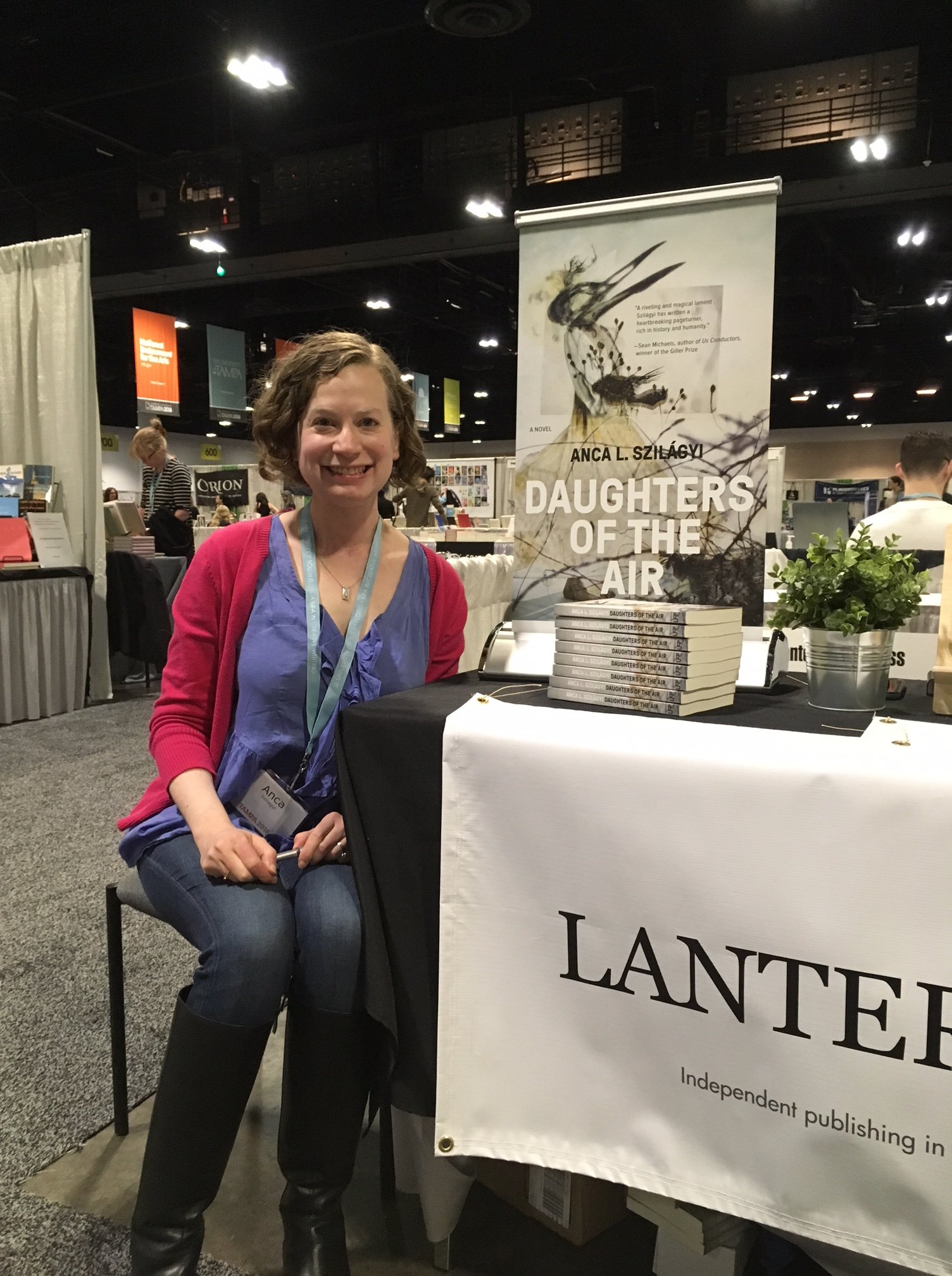 I ducked out early to get to my book signing at the
I ducked out early to get to my book signing at the 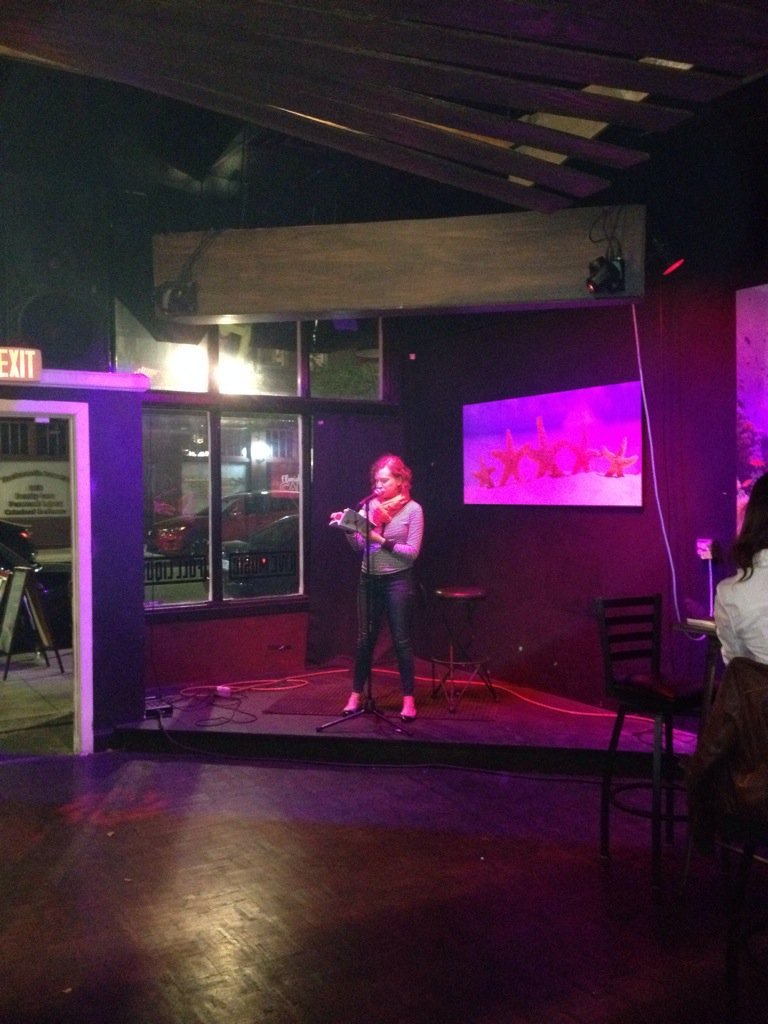
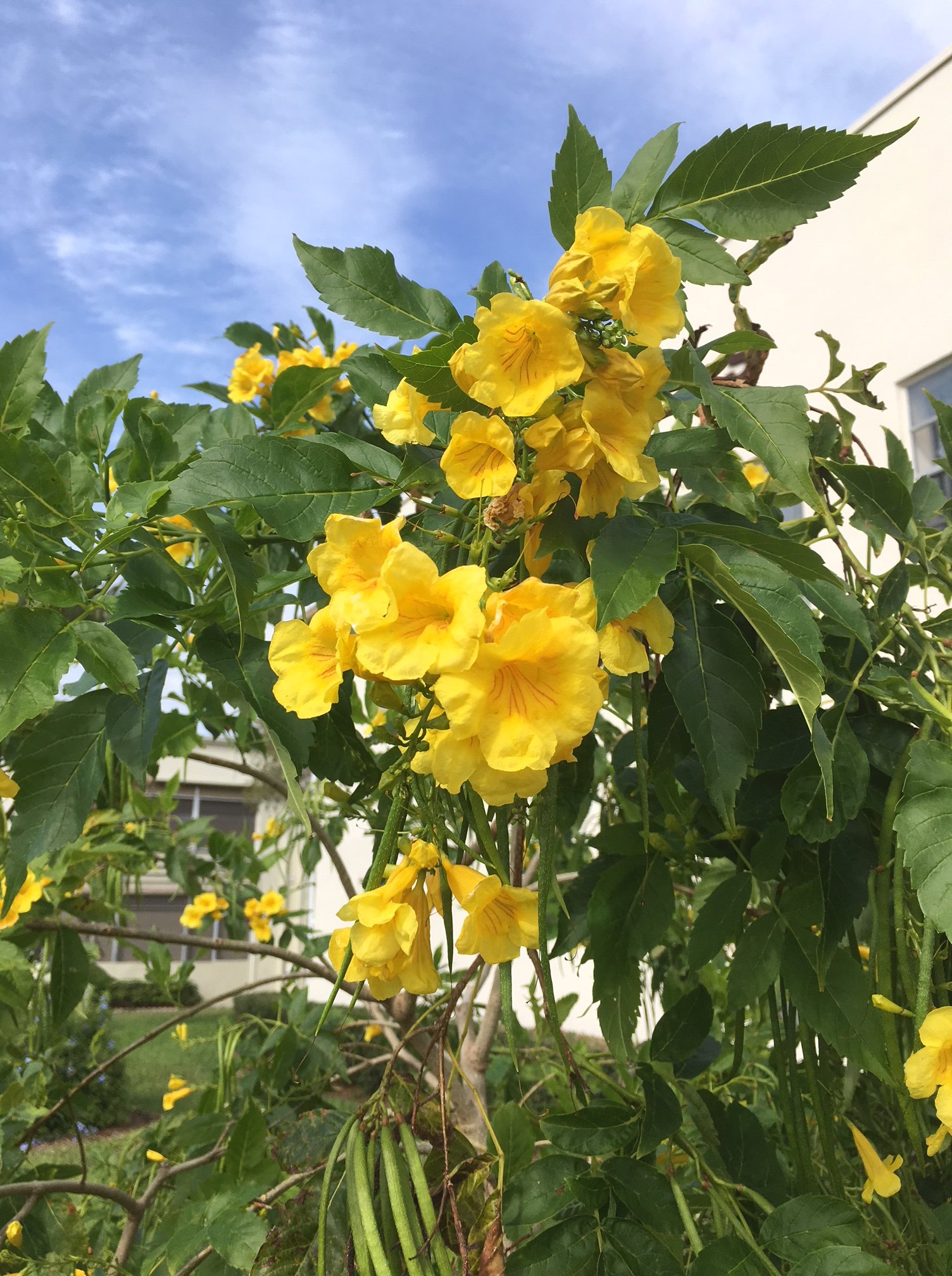 I'm back home after a whirlwind book tour that ended with AWP in Tampa. Michael and I drove up from Delray Beach through the Everglades, hoping to spot alligators, and though there were none, pelicans abounded.We arrived in time for me to catch one panel Thursday afternoon, "
I'm back home after a whirlwind book tour that ended with AWP in Tampa. Michael and I drove up from Delray Beach through the Everglades, hoping to spot alligators, and though there were none, pelicans abounded.We arrived in time for me to catch one panel Thursday afternoon, "
